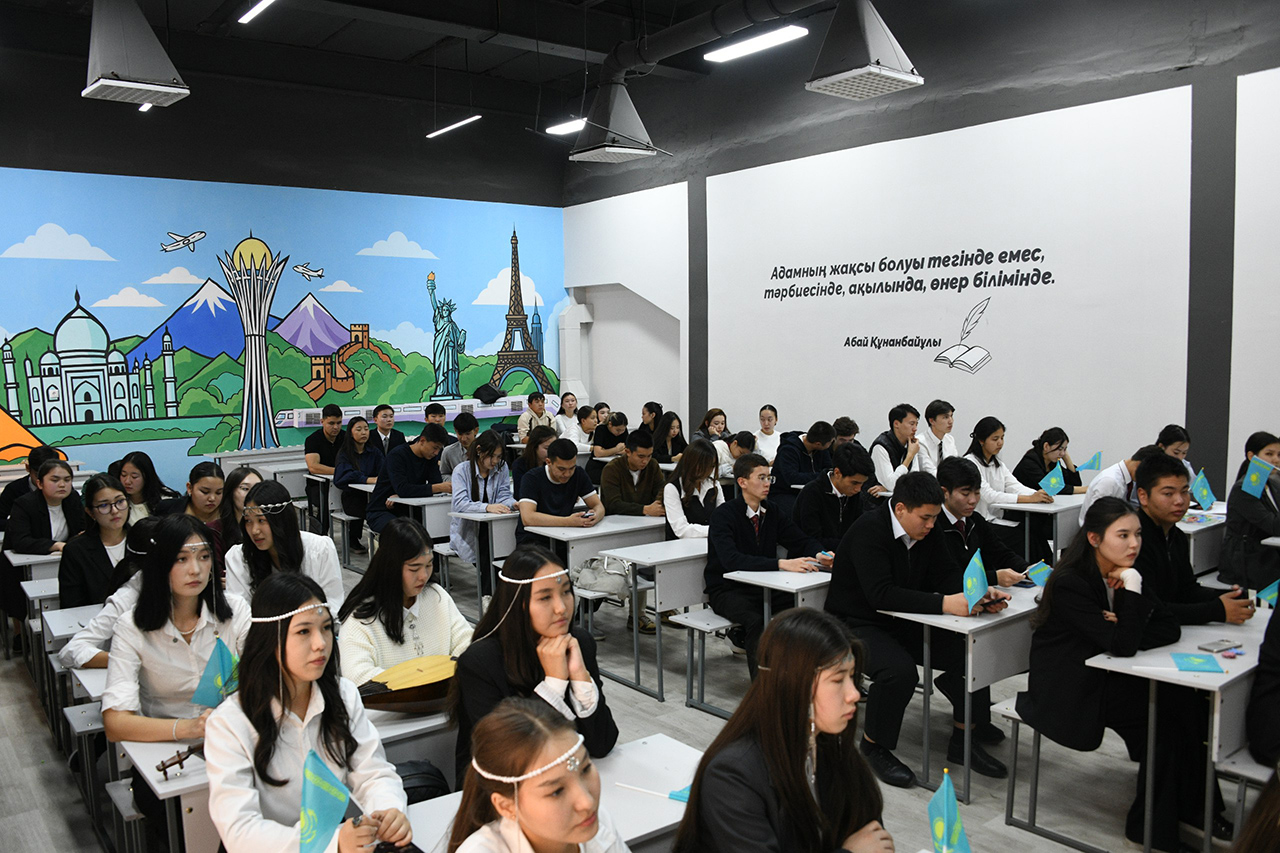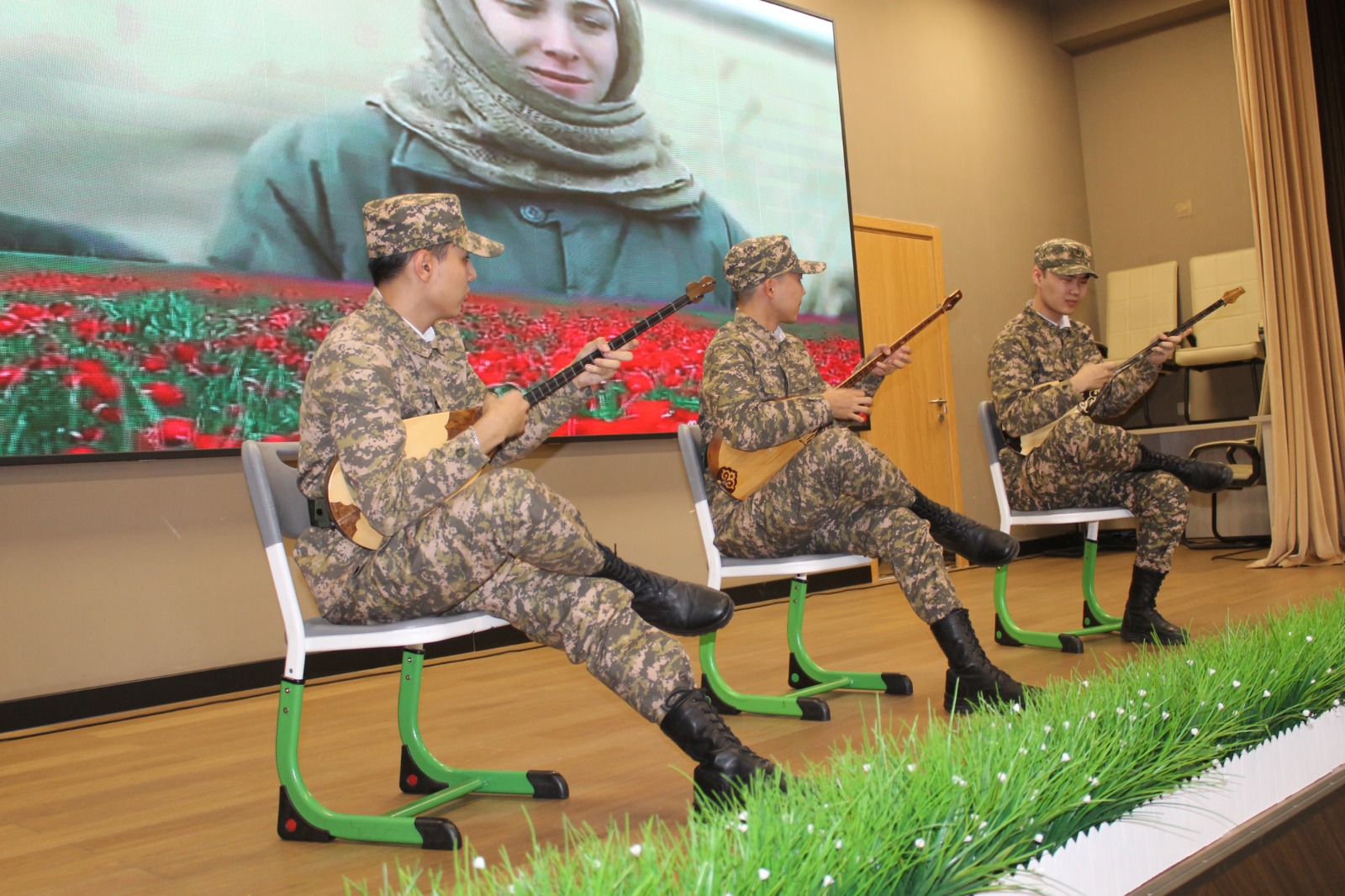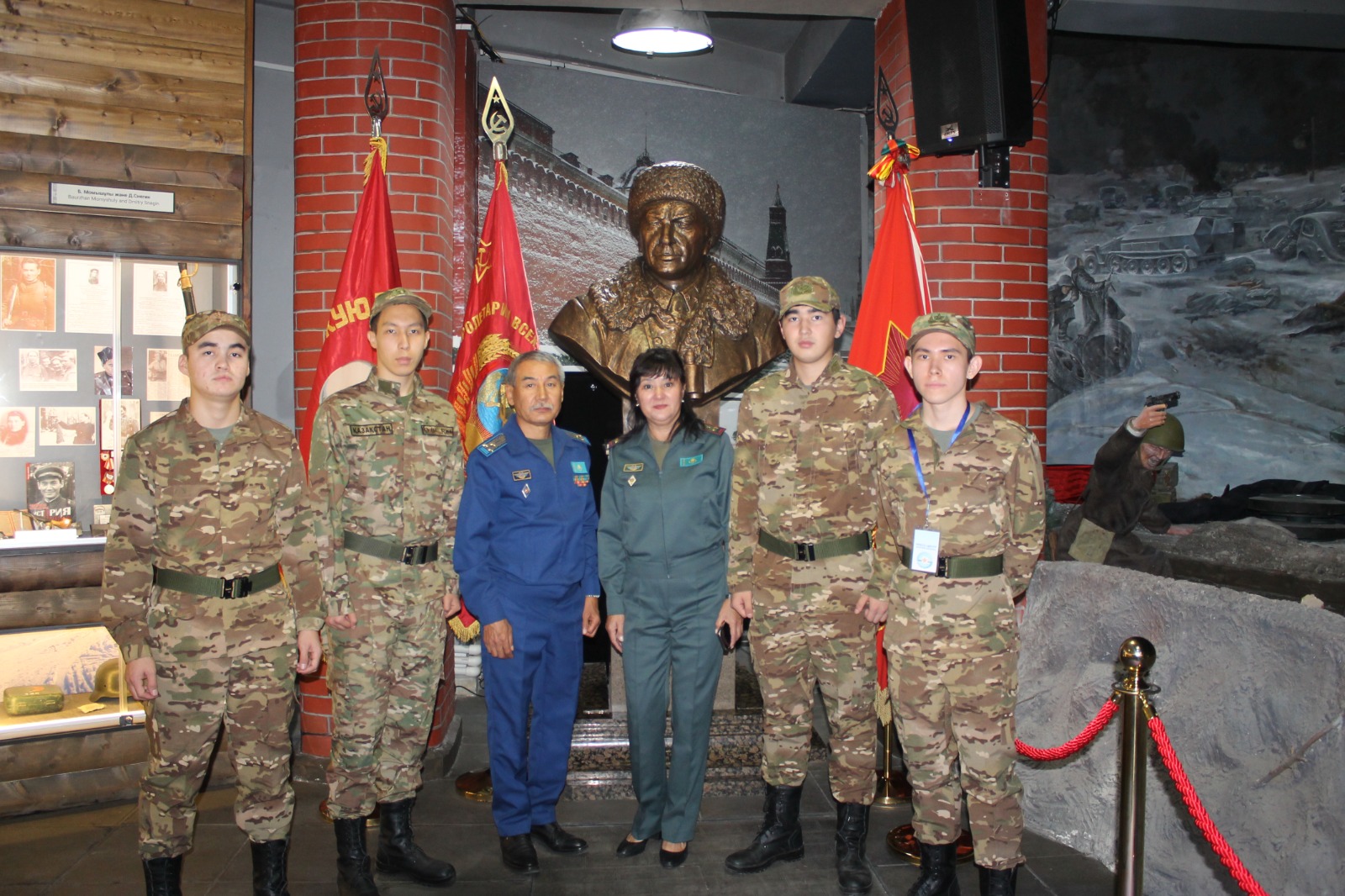TDM 10. Reduced Inequality. Dep AIandBD
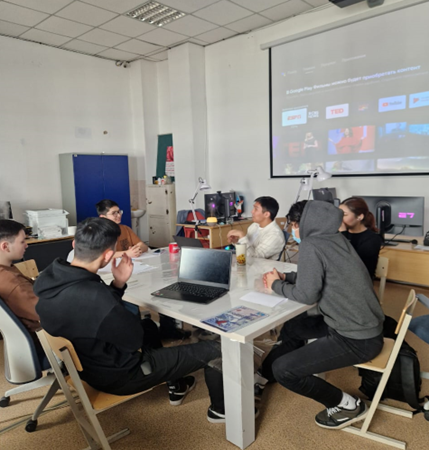
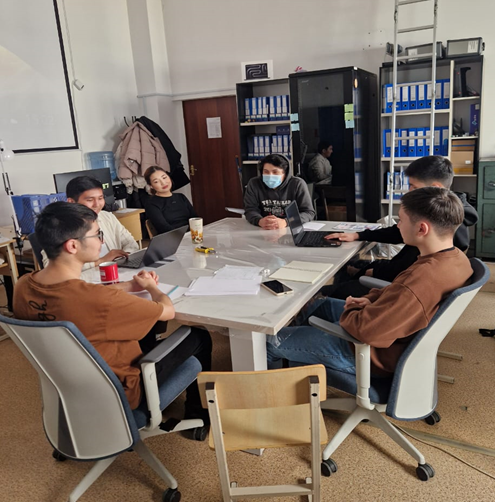
On February 20, 2025, Gulshat Amanzholovna, the curator of the Department of Artificial Intelligence and Big Data, held a round table discussion on "Inequality in Kazakhstan: Problems and Solutions" with 2nd-year students of group 23-05, Russian stream, specializing in "Intelligent Control Systems."
1. Economic Inequality
Despite GDP growth, the gap between the rich and the poor continues to widen.
- Income disparity: Workers in the oil and gas, finance, and IT industries receive high salaries, while public sector employees (teachers, doctors) and rural residents earn significantly less.
- Access to medical services: While cities have high-quality private clinics, healthcare in the regions remains underdeveloped.
Ways to address the issue:
- Implementing progressive taxation (where the wealthy pay higher taxes and the poor pay lower taxes).
- Developing small and medium-sized businesses by creating accessible credit opportunities for entrepreneurs.
- Improving working conditions and increasing salaries in the public sector.
Can financial inequality be completely eradicated?
Financial inequality will always exist. The wealthy have more opportunities to increase their capital, while the poor often face hardships. As the saying goes, "The rich get richer, and the poor get poorer." However, the gap can be reduced by creating more opportunities for everyone.
2. Regional Inequality
- Urban vs. rural divide: The standard of living in Almaty, Astana, and oil-producing regions is higher than in the southern and eastern provinces.
- Unequal distribution of investments: The government invests more in megacities than in small towns and villages.
Ways to address the issue:
- Developing infrastructure in the regions: roads, schools, hospitals.
- Relocating part of large enterprises to the regions to create jobs.
- Supporting farmers and the agricultural sector.
3. Gender Inequality
- Wage gap: Women earn 30% less than men.
- Lack of women in leadership positions.
- Domestic violence issues.
Ways to address the issue:
- Legally prohibiting wage discrimination.
- Introducing quotas for women in leadership positions.
- Strengthening laws against domestic violence.
4. Educational Inequality
- Schools in rural areas are less equipped than those in cities.
- There are few government-funded scholarships for higher education, while tuition fees are high.
- Russian-language schools provide competitive education, creating linguistic inequality.
Ways to address the issue:
- Increasing funding for rural schools.
- Providing more scholarships for higher education.
- Improving the quality of education in the Kazakh language.
Conclusion
It is impossible to completely eliminate financial inequality, but its effects can be minimized through well-planned reforms. The main focus should be on progressive taxation, support for small businesses, regional investments, gender equality, and accessible education. Kazakhstan needs to develop a fair economic system so that every citizen has a chance for a decent life.
Organizer: Curator Amirkhanova Gulshat Amanzholovna
